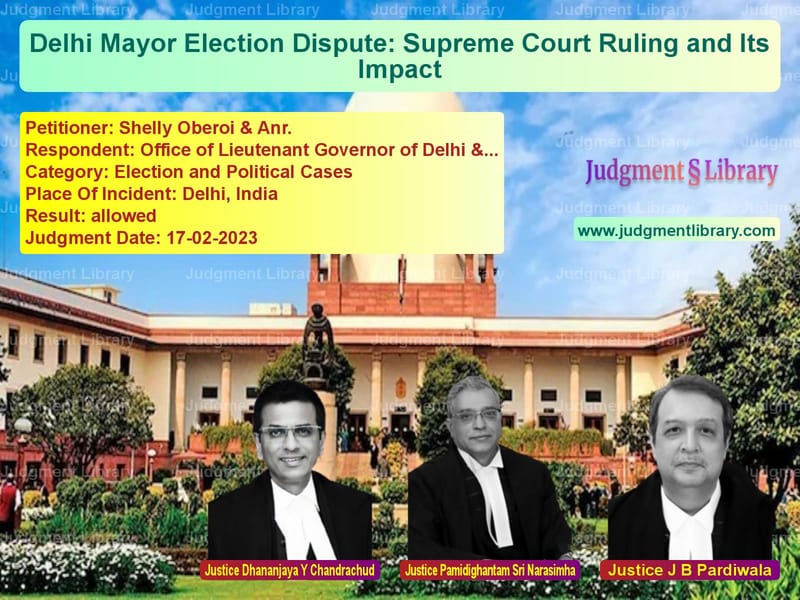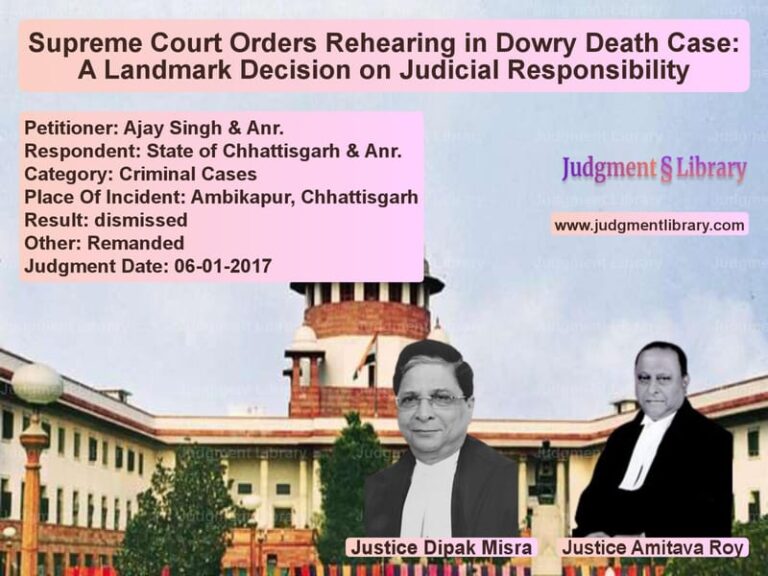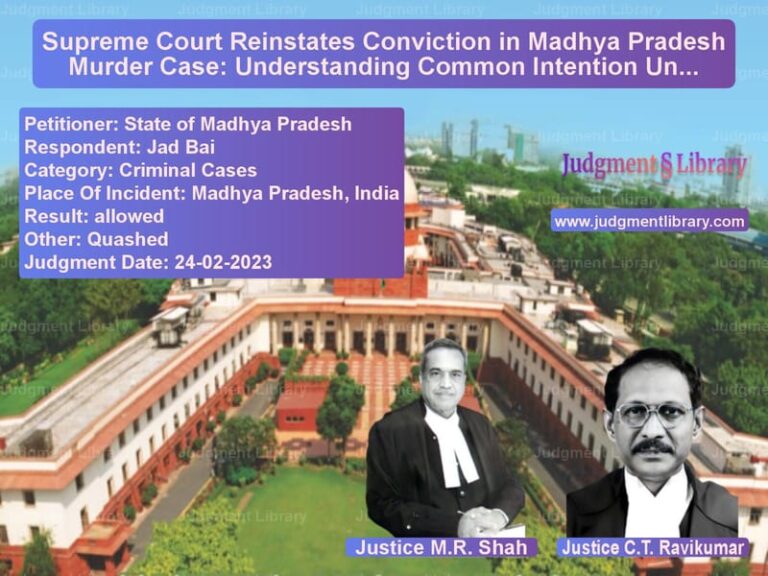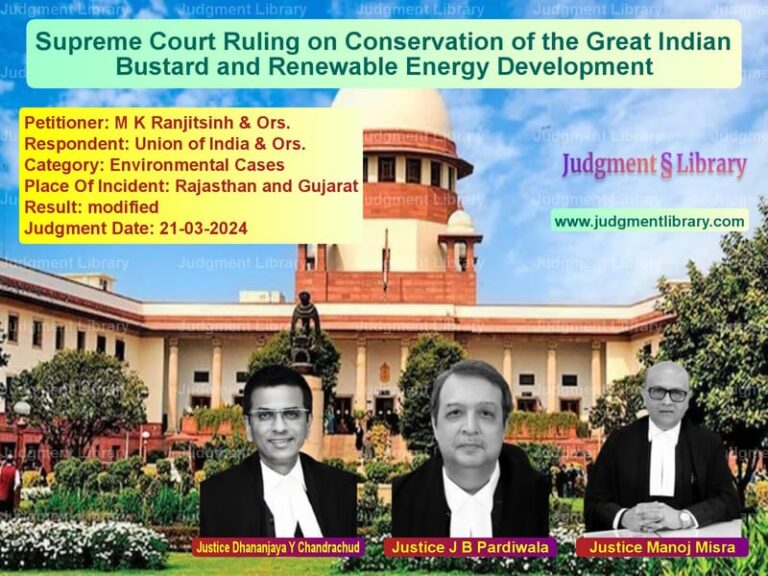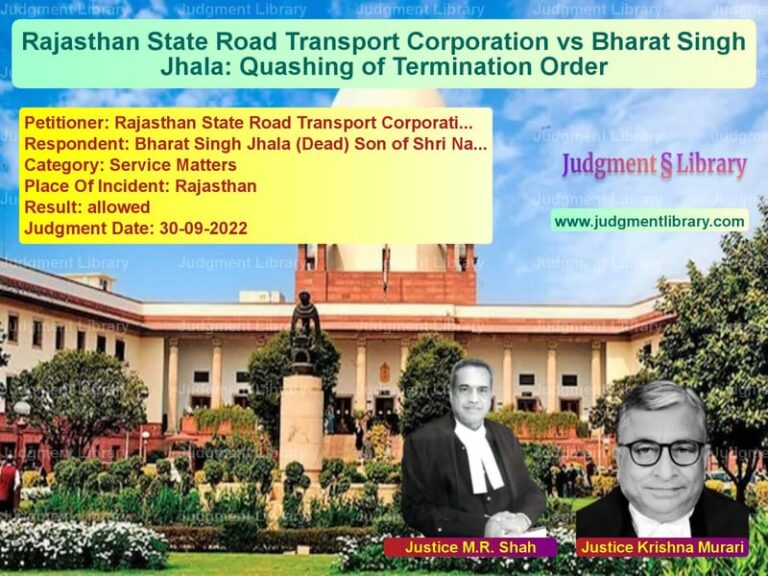Delhi Mayor Election Dispute: Supreme Court Ruling and Its Impact
The recent Supreme Court ruling in the case of Shelly Oberoi & Anr. vs. Office of Lieutenant Governor of Delhi & Ors. has brought clarity to the legal and procedural framework governing the election of the Mayor in the Municipal Corporation of Delhi (MCD). The dispute arose following the 2022 MCD elections, which saw a delay in the Mayor’s election due to conflicting interpretations of voting rights and election procedures.
Background of the Case
In December 2022, elections were held for the 250 seats of the MCD. The first petitioner, Shelly Oberoi, was a candidate for the Mayor’s position. However, despite over two months passing since the elections, the process of electing the Mayor had not commenced, leading to legal intervention.
The dispute primarily revolved around two major issues:
- Whether the nominated members (aldermen) of the MCD had the right to vote in the Mayor’s election.
- The sequence of elections—whether the Mayor should be elected first, followed by the Deputy Mayor and Standing Committee members, or if all elections could be conducted simultaneously.
Petitioners’ Arguments
- The petitioners contended that the election of the Mayor should take place before electing the Deputy Mayor and the members of the Standing Committee.
- They argued that nominated members (aldermen) do not have voting rights in the Mayor’s election, citing Article 243R of the Indian Constitution.
- They relied on legal precedents and the Delhi Municipal Corporation Act, 1957, to support their stance.
Respondents’ Arguments
- The respondents, representing the Office of the Lieutenant Governor (LG) and the Municipal Corporation of Delhi, contended that nominated members had voting rights in the Mayor’s election.
- They argued that the MCD Act permitted simultaneous elections for the Mayor, Deputy Mayor, and Standing Committee members.
- The respondents insisted that the Administrator had the authority to direct the election proceedings.
Key Observations by the Supreme Court
The Supreme Court examined the constitutional and statutory provisions in detail and made the following key observations:
- The Court ruled that nominated members do not have voting rights in the Mayor’s election, citing Article 243R of the Constitution and Section 3(3)(b)(i) of the Delhi Municipal Corporation Act.
- The Court emphasized that voting rights in the MCD are limited to elected Councillors, and the provision barring nominated members from voting applies to all Corporation meetings, including the first meeting where the Mayor is elected.
- It reaffirmed that the election of the Mayor must take place first, followed by the election of the Deputy Mayor and the Standing Committee members.
Judgment
Based on these observations, the Supreme Court ruled in favor of the petitioners and issued the following directives:
- The election of the Mayor must be conducted first before electing the Deputy Mayor and the members of the Standing Committee.
- Nominated members (aldermen) shall not have the right to vote in the Mayor’s election or any other MCD proceedings.
- The Delhi government was directed to convene the MCD’s first meeting within 24 hours to hold the Mayor’s election.
Implications of the Judgment
This ruling has significant implications for municipal governance in Delhi:
- It establishes clarity on voting rights in municipal elections, preventing any future misinterpretations regarding the role of nominated members.
- The decision strengthens democratic principles by ensuring that elected representatives have the sole authority to choose the Mayor.
- The ruling underscores the importance of upholding constitutional provisions and municipal laws to maintain the integrity of local governance.
Conclusion
The Supreme Court’s judgment in this case serves as a critical precedent for municipal elections across India. By reinforcing constitutional provisions and legal statutes, the Court has safeguarded the democratic process in the MCD. This decision ensures that elections within local bodies are conducted fairly, with due adherence to legal norms, and prevents any undue influence from nominated members in electoral processes.
Petitioner Name: Shelly Oberoi & Anr..Respondent Name: Office of Lieutenant Governor of Delhi & Ors..Judgment By: Justice Dhananjaya Y Chandrachud, Justice Pamidighantam Sri Narasimha, Justice J B Pardiwala.Place Of Incident: Delhi, India.Judgment Date: 17-02-2023.
Don’t miss out on the full details! Download the complete judgment in PDF format below and gain valuable insights instantly!
Download Judgment: shelly-oberoi-&-anr.-vs-office-of-lieutenant-supreme-court-of-india-judgment-dated-17-02-2023.pdf
Directly Download Judgment: Directly download this Judgment
See all petitions in Public Interest Litigation
See all petitions in Legislative Powers
See all petitions in Constitution Interpretation
See all petitions in Separation of Powers
See all petitions in Fundamental Rights
See all petitions in Judgment by Dhananjaya Y Chandrachud
See all petitions in Judgment by P.S. Narasimha
See all petitions in Judgment by J.B. Pardiwala
See all petitions in allowed
See all petitions in supreme court of India judgments February 2023
See all petitions in 2023 judgments
See all posts in Election and Political Cases Category
See all allowed petitions in Election and Political Cases Category
See all Dismissed petitions in Election and Political Cases Category
See all partially allowed petitions in Election and Political Cases Category

